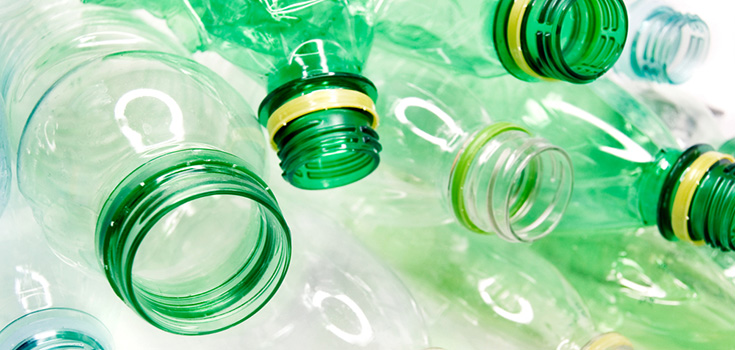Invisible Toxicity: BPA Endangers Health of Millions Worldwide on Daily Basis

A toxic chemical, often found in canned goods and plastic bottles is continuously finding its way into our bodies on a daily basis. This gender-bending chemical, despite being linked to a conglomerate of health problems, has yet to be banned in the U.S. While other nations have taken a stand against its use, it continues to cause various health problems in the United States.
Canada has recently gone against the wishes of big industry, and labeled this chemical as toxic. You probably unknowingly ingest this chemical multiple times per day. Your children are also most likely exposed to this chemical as well, through baby bottles and a wide variety of food packaging. What is the name of this toxic substance that is wreaking havoc on our bodies? It is known as Bisphenol A, or BPA.
Numerous studies have linked BPA to the early onset of female development, and a decrease in male fertility rates. BPA, being an estrogen-mimicking chemical, also interferes with the way hormones are processed in the body. This leads to feminine traits developing in males, as a result of upsetting the hormonal balance of the body.
While other environmental factors contribute to the accelerated maturation in girls, and the onset of feminine traits in men, BPA is arguable one of the largest factors.
Small amounts of BPA harmful to begin with, but the amount that most people are being exposed to on a daily basis is extremely high. This is compounded with the fact that over 90% of Canadians were found to have some level of BPA within their bodies. The same would most likely be found in the United States and elsewhere, as most of the international food industry uses this chemical.
Supposed health experts claim that 50 micrograms of BPA per kilogram of body weight each day is safe, but new research is suggesting that there is no safe level of BPA.
This chemical is one that you should not be exposed to at any level, said von Saal, Curators professor of biology at the University of Missouri at Columbia.
According to a study published in the journal Environmental Health Perspectives, people are exposed to 8 times the amount of BPA that has been deemed to be safe.
It is difficult to purchase products without BPA, as laws do almost nothing to limit the usage of BPA in products. This especially holds true with products such as canned goods, plastic eating utensils, and plastic bottles. More shockingly, studies have found that 18 out of 20 of the most popular food cans contain BPA. This is a testament to the widespread usage of BPA worldwide.
BPA has even been contributing to the seemingly endless obesity epidemic, being linked to increased body fat. As Canada stands up and labels BPA as toxic, it sets a precedent. Will others countries follow, or will they be held back by big business?
Additional Sources:
